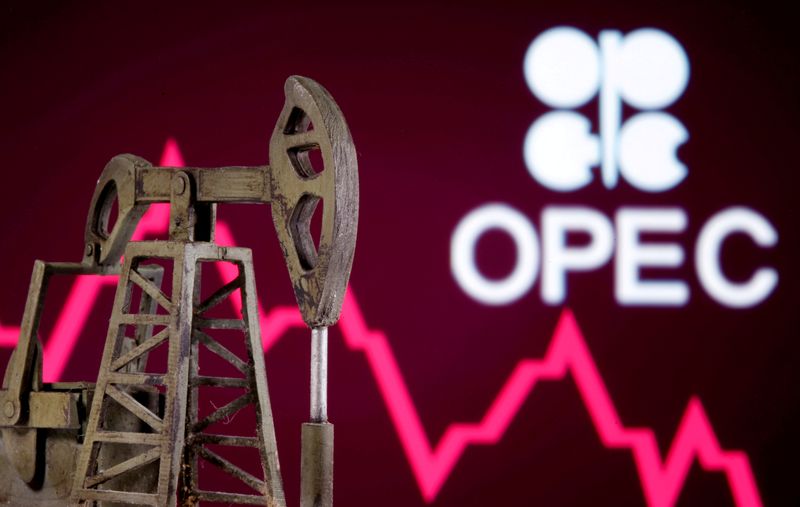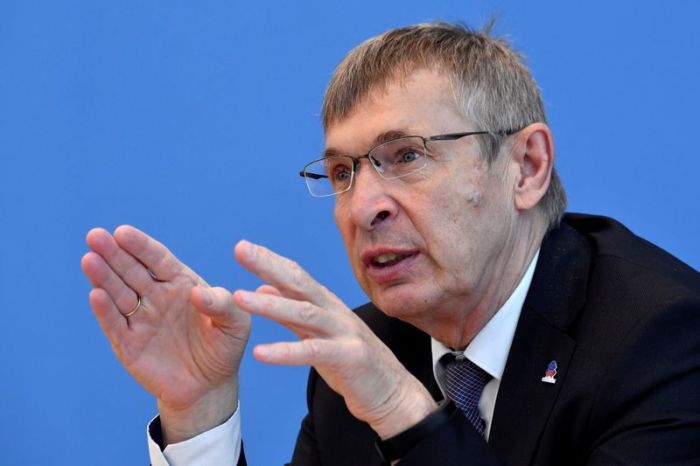DUBAI/LONDON/MOSCOW (Reuters) – OPEC and its allies pressed oil nations pumping above output targets to cut more in August-September amid fears oil demand recovery was slow while saying it could reach pre-pandemic levels by the year-end.
The group, known as OPEC+, met on Wednesday to review compliance and left oil cuts levels unchanged. Cuts would deepen this month and next because of compensation by Iraq, Nigeria, Angola and Kazakhstan for overproduction in May-July.
“Based on the average projections of various institutions, including OPEC, EIA and the IEA, it is estimated that the world will reach about 97% of pre-pandemic oil demand during the fourth quarter – which is a big recovery from the huge falls in April and May,” said Saudi Energy Minister Prince Abdulaziz bin Salman.
OPEC+ has previously eased output cuts levels to 7.7 million barrels per day (bpd) from August versus a record high 9.7 million bpd – or 10 percent of global supply – between May and July 2020 – to balance supply with collapsing demand.
OPEC alone traditionally produced well over 30 million bpd of oil over the past decades but after this year’s cuts its output stood at 20-22 million bpd.
The virtual meeting on Wednesday only discussed compliance by countries such as Iraq, Nigeria, Angola and Kazakhstan.
(GRAPHIC: OPEC production OPEC production – https://graphics.reuters.com/OPEC-OIL/ygdvzmrewpw/chart.png)
The countries within OPEC+ overpoduced in May-July and would compensate those volumes in August-September, OPEC+ said in a statement without disclosing exact figures.
“It is very important to maintain full conformity,” said Russian Energy Minister Alexander Novak, who had tested positive for coronavirus and joined the virtual meeting from home.
“We should endeavour to put this temporary compensation regime behind us, by clearing all the past over-production by end of September,” said Prince Abdulaziz.
The next OPEC+ ministerial panel is scheduled for Sept. 17.
Brent crude <LCOc1> is trading near a 5-month high above $45 a barrel and has more than doubled since hitting a 21-year low below $16 in April, helped by the OPEC+ deal. [O/R]
Many OPEC members need high oil revenues to balance their budgets but also want to avoid allowing oil prices to run well above $50 per barrel as it would encourage a resurgence in U.S. shale production.
(additional reporting by Ahmad Ghaddar; Writing by Dmitry Zhdannikov; editing by Jason Neely, Kirsten Donovan, Grant McCool)
























